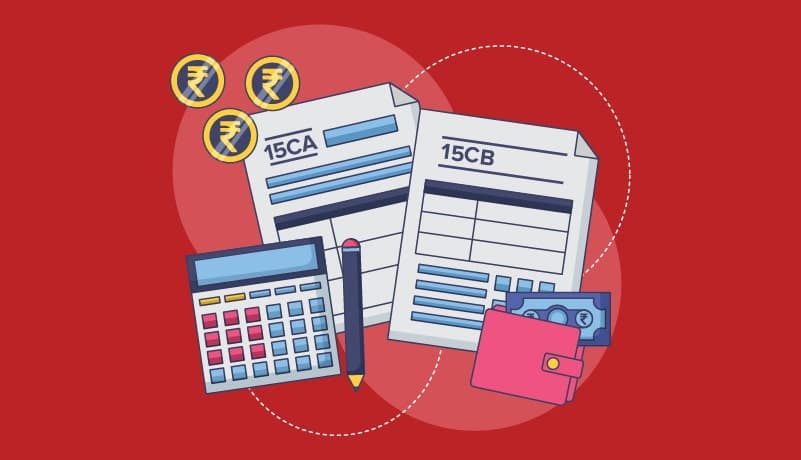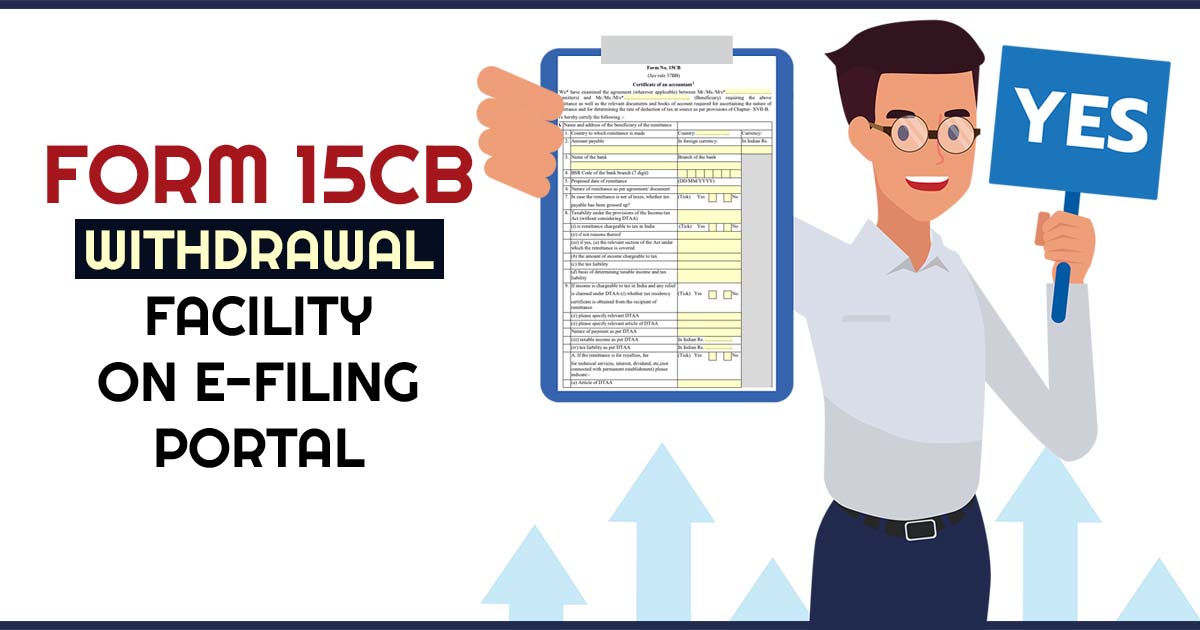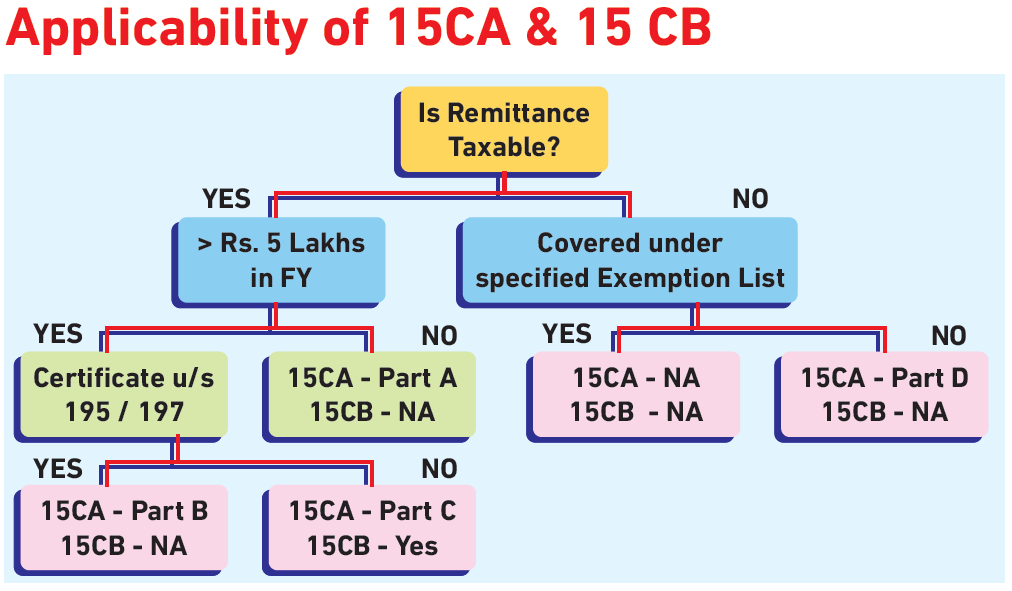How LLP can save tax?
How LLP can save tax Introduction In the world of business structures, choosing the right entity plays a significant role in financial management, especially in terms of taxation. Limited Liability Partnerships (LLPs) have emerged as a preferred choice for entrepreneurs and professionals due to their tax benefits and operational flexibility. Definition of LLP A… Read More »









